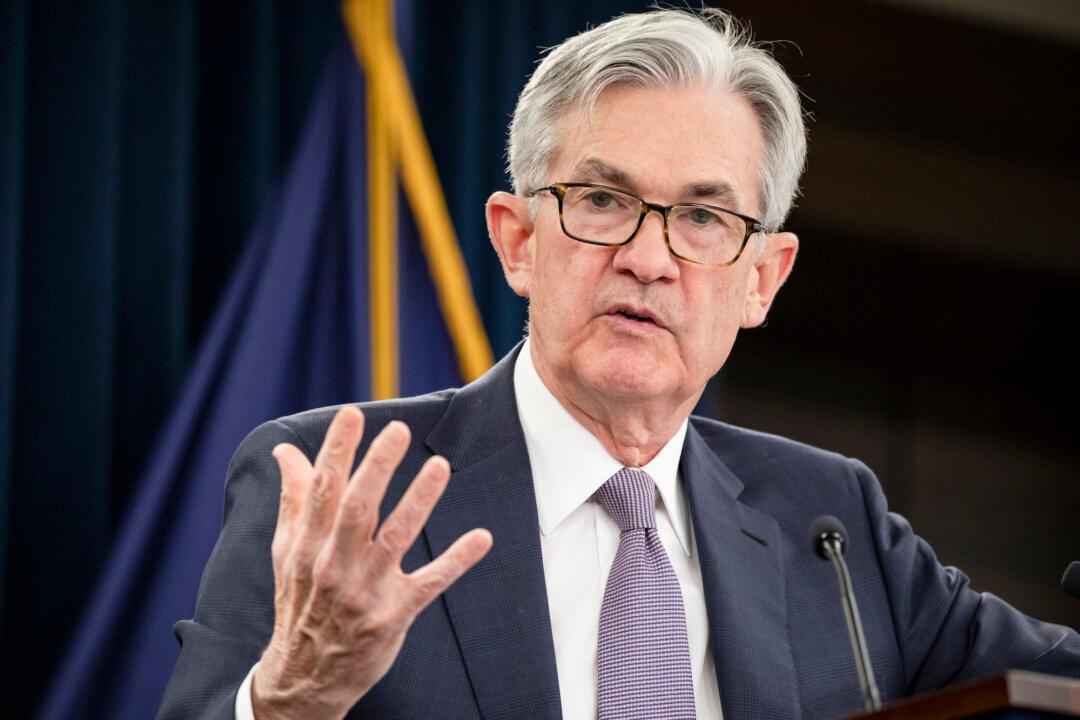Federal Reserve Chairman Jerome Powell said Thursday that the U.S. economy may well be in recession due the COVID-19 outbreak, but insisted the central bank still has tools to give the economy its best chance for a “vigorous” rebound.
Speaking in a rare television interview on March 26, Powell told NBC’s “Today” that while the economy was likely in contraction and that he further expected economic activity to decline “pretty substantially” in the second quarter, the lack of underlying economic fragility means a quick recovery is possible.





